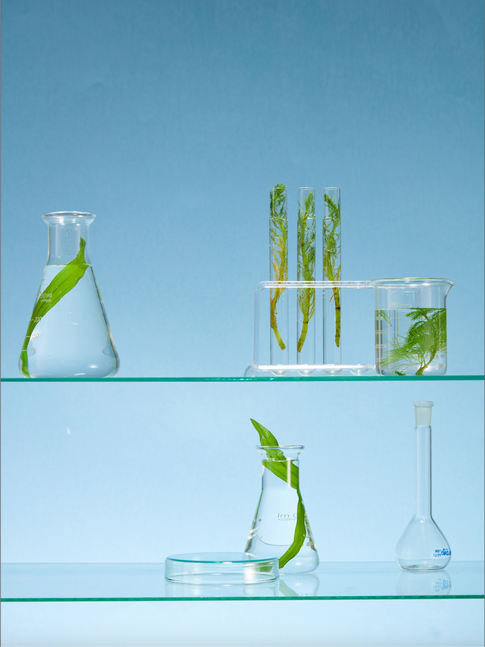One of the latest achievements from the Centre for the Fourth Industrial Revolution in Serbia is the publication of “Accelerating the Global Transition to a Bio-based Economy: The Strategic Role of Policy,” in collaboration with the World Economic Forum. This publication addresses the key aspects of the bioeconomy, which encompasses innovative biology-based solutions with the potential to transform various spheres of life, including healthcare, food production, and environmental protection.
The Importance of Legal Frameworks for the Bioeconomy
The publication is a result of the Forum’s bioeconomy initiative, led by C4IR Serbia, and lays the foundation for the more effective use of biotechnological solutions by integrating biological, digital, and physical worlds. While innovative biotechnologies have enormous potential to transform economies and improve quality of life, an appropriate regulatory framework is essential to ensure the faster and broader application of these technologies.
The goal of the publication is to analyze how political and legal frameworks can accelerate the transition to a bioeconomy, a critical step in addressing the planet’s most significant global challenges. Examples from the document demonstrate how timely decisions have enabled the adoption of sustainable technologies and saved lives. It also emphasizes the importance of synergy between innovation and regulation in shaping the future.
Three Key Areas of Action:
- Simplifying Regulation – how policy can accelerate the application of genomic technology and improve human health, including examples from the pandemic.
- Expanding Sustainable Alternatives – the role of state policies in supporting industries that struggle to adapt, such as transitioning from fossil fuels to bio-based products.
- Commercialization and Adoption – how legal frameworks can shape sustainable systems in agriculture and the food industry.
Interesting Facts from the Publication:
- The emergency regulatory approval for the use of the mRNA COVID-19 vaccine saved nearly 20 million lives in its first year.
- Policies that support biological production reduce greenhouse gas emissions by up to 90%.
- The application of biotechnological crops had an impact equivalent to removing 15.6 million cars from the roads in one year.
- Bio-based protein production can reduce emissions by 90%, but without additional policies supporting adoption, these innovations will struggle to enter the market.
The conclusion of the publication highlights the importance of supportive policies that promote sustainability, reduce costs, and open up new opportunities for economic growth.
The bioeconomic revolution, which integrates biological, digital, and physical worlds, is already on the horizon. This publication, along with the upcoming Biotech Future Forum conference, calls for further cooperation between the public and private sectors, emphasizing the importance of legal frameworks as a key factor in enabling the application of biotechnological innovations for the benefit of humanity and the planet.
You can download the publication HERE.





